Rainn Wilson: Why Sidekicks Steal the Show
"That’s what all great television is... People coming together and finding a home."
Greetings, Soul Boom Generation!
As we bring you the second part of our conversation with Bryan Cranston, we couldn’t help but think about the unique dynamic between Rainn and Bryan. Rainn, who played one of TV's most iconic sidekicks, Dwight Schrute, and Bryan, who starred as one of TV’s most iconic main characters, Walter White, both embody the power of television to depict unlikely chosen families. Rainn reflects on this power of serialized television in The Bassoon King, where he says, "I imagine there are hundreds of thousands of families to whom the families on the telly seemed more real, more tangible, more ‘familial’ than their own."
That sense of family comes from storytelling and the ensemble of actors themselves. That kinship doesn’t come out of nowhere. There’s a primal force at work. In the book Soul Boom, Rainn describes his approach to acting as a spiritual pursuit:
"I started to see the pursuit of being an artist as noble and transcendent… Being an actor and a storyteller was a potentially life- and world-changing vocation. We were not just being trained as actors; we were being inspired and cajoled, expanding our view of theater training as more of a mission than anything else. Why was it a mission? Well, because throughout world history, there have always been shamans—those who have a deep connection to the spirit world. And that was, in essence, the role that a great actor played.
This was a revelatory idea for me.
Usually, an actor is simply hired to bring dialogue to life. The director is the puppet master, and the lines themselves are sacrosanct and usually can’t be altered. It’s the equivalent of being in an orchestra. You play the notes as written on the page, and the conductor makes all the real creative decisions about the piece. But a shaman!? Truth be told, we don’t actually know what the duty of a shaman was ten thousand years ago. There weren’t Ring cameras up on the walls of caves, documenting what went on when a tribe gathered around the nightly fire. But we do know that the shamans were a combo platter of a lot of different roles. They played the part of truth teller, certainly. Also, mage. Priest. Storyteller. Mystic. Diviner. Perhaps a little sprinkling of social commentator, stand-up comedian, and clown.”
This deep connection to the craft of storytelling is what makes Rainn’s portrayal of a particular beet-farming, karate-loving, Assistant (to the) Regional Manager at Dunder Mifflin so memorable. From Rainn’s perspective, “it was all about the sidekicks, the disjointed men of mayhem who provided the comic relief." We might be a bit biased, but those words of Rainn ring true to us.
So while we typically dive into the profound and introspective here at Soul Boom, we thought we’d switch things up a bit this time to honor all those glorious second bananas we adore - the Bullwinkles, the Jesse Pinkmans, and yes, even the Dwight Schrutes. We hope you enjoy this lighter side of Rainn's world, in this excerpt from The Bassoon King, featuring analysis from both Rainn and his unforgettable alter ego, Dwight K. Schrute.
— The Soul Boom Team
Excerpt from The Bassoon King
by Rainn Wilson
I imagine there are hundreds of thousands of families to whom the families on the telly seemed more real, more tangible, more “familial” than their own. That’s what all great television is, I believe: unlikely families. People coming together and finding a home.
The TV was my escape. Especially the comedies. I certainly loved my cartoons, my Pink Panther, my Super Friends, and my Looney Tunes, but it was the sitcoms that caught my imagination as early as age six.
I adored F-Troop and The Addams Family. I absorbed Mary Tyler Moore and Dick Van Dyke in reruns. I have seen every episode of The Bob Newhart Show at least three times. Two hundred fifty-one episodes of M*A*S*H? No problem. In fact, I would sometimes watch two or three episodes a day, having memorized where and when all the syndicated reruns were playing. All in the Family was more real to me than my own family. We never missed a Happy Days or a Laverne and Shirley. (Even after they had “jumped the shark.” Literally.) Three’s Company was a bit “risqué” for my parents, but I was able to catch episodes at friends’ houses. Mork was my spirit animal. Barney Miller was the father I never had. And I longed to someday be a Sweathog. I feasted on WKRP in Cincinnati. And when, thirty-five years later, I got to work with Howard Hesseman on The Rocker, I picked his brain for hours on that sublime comic creation.
Moving forward toward the eighties, my family and I discovered Taxi. I had no idea a sitcom could have such heart. Besides the usual comedic shenanigans, episodes were filled with longing and unlikely romance, with hopes unfulfilled and dreams dashed. New York City became the place I wanted to study acting purely based on the haunting Bob James Fender Rhodes theme song and the cinematic opening credits of the show. It was a wistful, magical place, where you could dare to be yourself and be accepted, where artists mixed with blue-collar workers and even someone who looked like Judd Hirsch could find love.
Unlike the others at my school, I didn’t revere Pete Rose, Terry Bradshaw, and Dr. J; my heroes were Reverend Jim Ignatowski, Louie De Palma, and Latka.
Because, for me, it was all about the sidekicks, the disjointed men of mayhem who provided the comic relief. The “A” story plots involving romance or some dire pickle or emotional quandary of the main characters never interested me in the slightest. I wanted the zany neighbor clowns to come over without knocking and to have gotten fired from their jobs, or need to borrow a car, or have a zebra trapped in their kitchen. All those delicious “B” plot devices featuring the sidekicks made the show worth watching for me.
The idea that I would someday get to play that kind of character on an actual TV show was beyond the farthest reaches of my wildest suburban imagination…
Compendium of Comic Sidekicks
My list of the ten greatest comic TV sidekicks of the seventies.
(With evaluations by renowned comic sidekick Dwight K. Schrute, who was paid $125 per paragraph.)
Squiggy, Laverne and Shirley
Rainn: The funnier half of Lenny and Squiggy, played by David Lander. He brought an exquisite insanity to a guy who thought of himself as cool but in reality was one step away from being a mental patient. This nasal-voiced “greaser” with a duck-flip forehead lock always had a get-rich-quick scam. The beautiful thing about his characterization was it was impossible to put your finger on what “type” of character he was. He wasn’t “the dumb guy” or “the nerd” or “the weirdo,” he was his own very specific, off-the-wall creation. Also, his timing was never the on-the-nose, asking-for-a-laugh sitcom rhythm. He always seemed befuddled and was constantly unpredictable.
Dwight: He “wasn’t ‘the dumb guy’”? What a moronic statement. Squiggy was a near-subhuman cretin. However, it must be noted that in 1979, he and his life partner, Lenny, recorded an LP under the name Lenny and the Squigtones. It is a masterpiece that my family and I listen to, in its entirety, each Christmas morn. If the children make any noise while it plays, their gifts are rescinded.
Howard Borden, The Bob Newhart Show
Rainn: The clueless neighbor of Bob and Suzanne Pleshette (TV’s hottest sitcom wife, FYI) was played by one of the sweetest and funniest human beings on the planet, Bill Daily, who also played the neurotic astronaut buddy on I Dream of Jeannie. He was able to play “dumb” in the most unobvious, effortless way. When he would pop into Bob’s apartment for some inane reason, America would sit up on their sofas. Like all great comedic actors, Bill Daily never underlined a joke or a punch line, but allowed the comedy to come from his dim-witted, lovable character’s perspective.
Dwight: I failed to see the humor in a television program centered around treatment of the mentally ill and thus never watched The Bob Newhart Show. The cast of that show should have been housed in the facility from One Flew Over the Cuckoo’s Nest and been given care by someone effective like Nurse Ratched.
Radar O’Reilly, M*A*S*H
Rainn: Another sweet, dumb guy who captures your heart. His innocence was aching, as was his need for approval. I was mesmerized by this character as a child. I always wanted to know what Radar wanted. Did he want love? Respect? Meaning? How did he have that strange, almost psychic ability to read his commander’s thoughts and know what he wanted before he did? I was captivated by his love of grape Nehi soda and his odd, specific history in Ottumwa, Iowa. He felt like a real American boy caught up in the horrors of war. Radar was someone I wanted to be friends with.
Dwight: I liked the episode where Radar killed the enemy soldier by ripping his throat out with his bare hands. Oh, wait, there was no such episode—because Radar was perhaps the biggest wuss ever to serve in the armed forces.
Michael Stivic (AKA Meathead), All in the Family
Rainn: The hippie boyfriend of Gloria Bunker was effortlessly and delightfully played by Rob Reiner (director of The Princess Bride and This Is Spinal Tap, among other great films). This well-meaning but thick counterculture loudmouth was a perfectly balanced and nuanced foil to Archie, the bigoted patriarch of the family. You wanted to both wring his neck and hug him at the same time. To this day I admire his willingness to be so unlikable and yet lovable.
Dwight: As a child, I was terrified of Meathead, because I quite logically assumed his head was perhaps a large pork shank adorned with a long wig and false mustache, or a pile of sculpted venison. I have yet to find evidence that this was not the case.
Reverend Jim Ignatowski, Taxi
Rainn: This drug-addled taxi driver was perfectly, specifically etched by Christopher Lloyd (the professor from Back to the Future). I loved that his character was, by turns, HUGE and terrifically real and heartfelt. This balance is incredibly hard to do in comedy. In a giant, brilliant ensemble, he really popped. In the hands of a lesser actor, he would have been a caricature, but Mr. Lloyd brought such heart and pathos to him that I longed to see him in my living room every week. The writers created a brilliant backstory for him where he was a rich, successful Harvard student who, upon sampling a pot brownie, went down the rabbit hole of drug addiction and loony insanity.
Dwight: I never found Mr. Ignatowski funny, because I genuinely believe his teachings and philosophies as a reverend are quite profound. Frankly, I never understood why the studio audience was laughing at this insightful thinker. Does anyone know if his parish is still in operation?
Les Nessman, WKRP in Cincinnati
Rainn: The beleaguered news director of the radio station, Les Nessman, he of the bow tie, horn-rims, and plastic pocket protector, may have been the first “geek” on television. He’s a Dwight prototype, often butting heads in his search for respect from the others in the office. His running gag of having tape on the floor, demarking where his office walls should be and insisting that everyone knock on his imaginary door and mime opening and closing it, brought my nerdy heart tremendous joy on a weekly basis.
Dwight: I’m proud to be compared with the venerable Mr. Nessman. Arthur Carlson, the “manager” of the station, was a complete bumbling oaf and Mr. Nessman should have been given a chance in that position. I find the extent to which he was disrespected absolutely disgraceful. Furthermore, I wish I had thought of that whole “tape off the walls of your office” idea when I was a mere salesman at Dunder Mifflin. Would have saved me a lot of nonsense and high jinks.
Detective Arthur Dietrich, Barney Miller
Rainn: I loved the unflappable, intellectual know-it-all played effortlessly by Steve Landesberg. This existential philosopher was always on a quest for knowledge and his dry, deadpan wit was unlike anything else on the TV.
Dwight: As a fellow unflappable intellectual with dry, deadpan wit who works in law enforcement, I endorse Detective Dietrich. However, I did not watch Barney Miller often, because the fact that nearly every cast member had massive bags under their eyes disturbed me.
Arnold Horshack, Welcome Back, Kotter
Rainn: Sheer, broad, idiotic buffoonery sometimes trumps all other, subtler choices. A loud laugh and ridiculous hair help tremendously. This “character,” played by Ron Palillo, was staggeringly huge and shocked all of America, and prepared the way for Kramer and Urkel.
Dwight: I have no comment on Arnold Horshack, but I did enjoy the opening scene of Jason Lives: Friday the 13th Part VI, wherein actor Ron Palillo had his heart ripped out.
Ted Baxter, The Mary Tyler Moore Show
Rainn: This pompous clown, utterly lacking in self-knowledge, is perfectly rendered by Ted Knight. The anchorman’s epic vanity was matched only by his stupidity. Like so many newsmen, he’s completely style without a whiff of substance, like Ron Burgundy and Geraldo Rivera. And I’m sorry, sometimes people are just wired funny, and Ted is that. He just simply makes you laugh.
Dwight: “Simply makes you laugh” unless journalistic standards actually mean something to you. A poor reporter who, I believe, was responsible for the Symbionese Liberation Army’s kidnapping of Patricia Hearst. I don’t have the space here, but I’d like to expound further in a book of my own.
The Fonz, Happy Days
Rainn: Ayyyyyyyyyy! The Fonz was an icon. During the opening credits we see the Fonz go to the mirror to comb his hair; he stops, decides it’s perfect, and does his signature “Ayyyyy” move in his leather jacket. Apparently this was the choice that Henry Winkler made when auditioning that made all the producers laugh and got him the part. All the other actors actually combed their hair in various Fonz-like ways but it was the daringness of Mr. Winkler that set him apart and above. And the essence of that acting choice was what defined the Fonz and set his character in an entirely different paradigm from the typical fifties cool guy. He was a magical unicorn of a man who had infinite confidence and could snap his fingers to have beautiful women drape themselves on his shoulders, and yet we felt for Arthur Fonzarelli. He was lonely inside and for all his “cool” there was a lost child in there that we wanted to get to know.
Dwight: A man with godlike powers to make machinery spring to life at the touch of his hand. A supernatural ability to induce sexual hypnosis in any woman—which he would then compulsively act upon. Happy Days is the terrifying tale of a town enslaved by the whims of this inhuman monster, “the Fonz.”
If you're reading this, you probably know who Rainn Wilson is… but just in case: Rainn Wilson is an acclaimed actor, writer, and producer best known for his role as Dwight Schrute on the hit TV show The Office. Beyond his iconic role, he is a writer of SoulPancake: Chew on Life’s Big Questions (2010), The Bassoon King: My Life in Art, Faith, and Idiocy (2015),, and Soul Boom: Why We Need a Spiritual Revolution (2022).






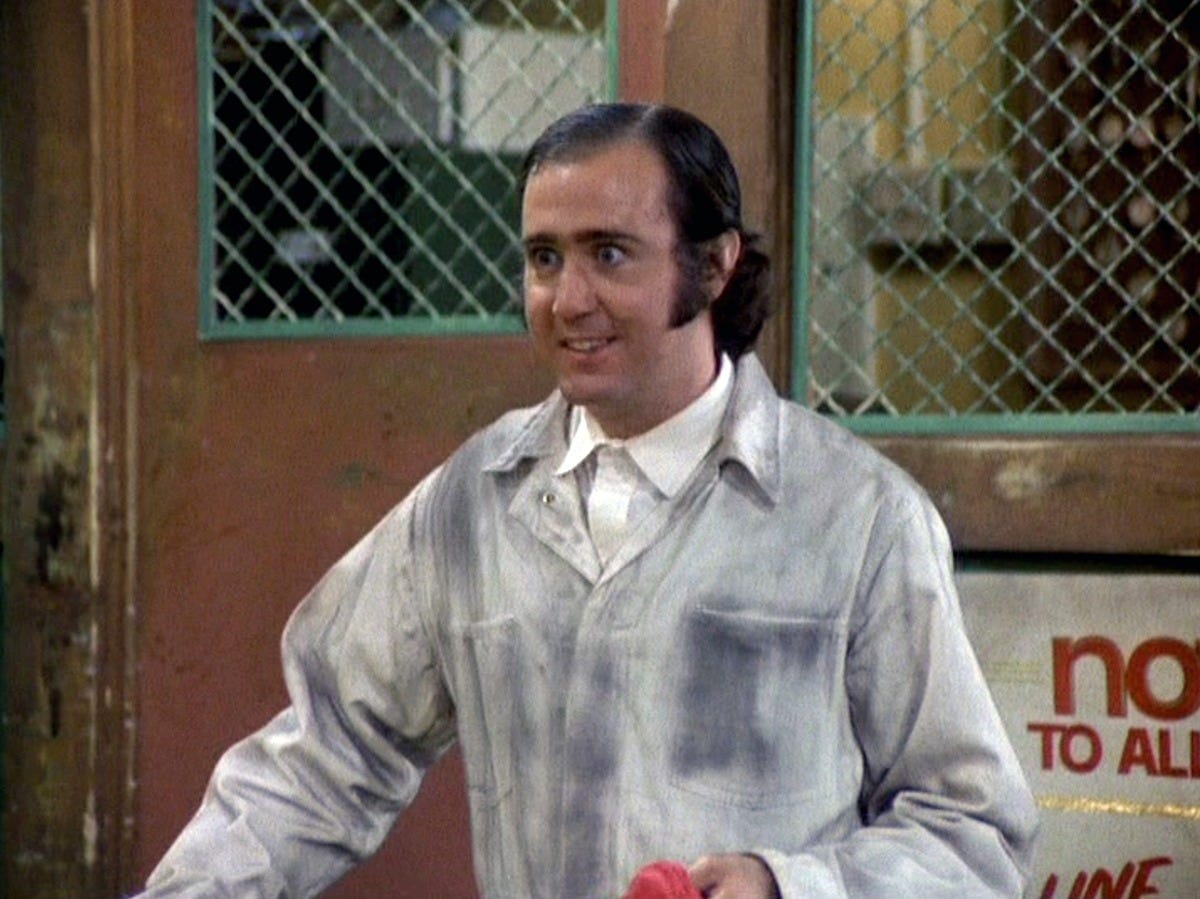
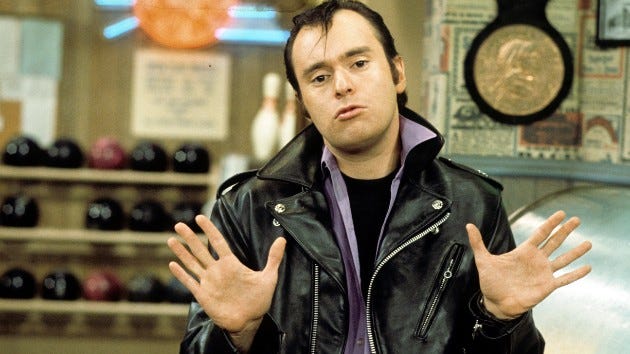
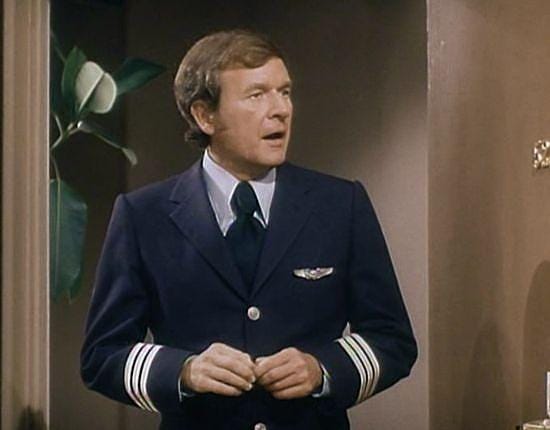
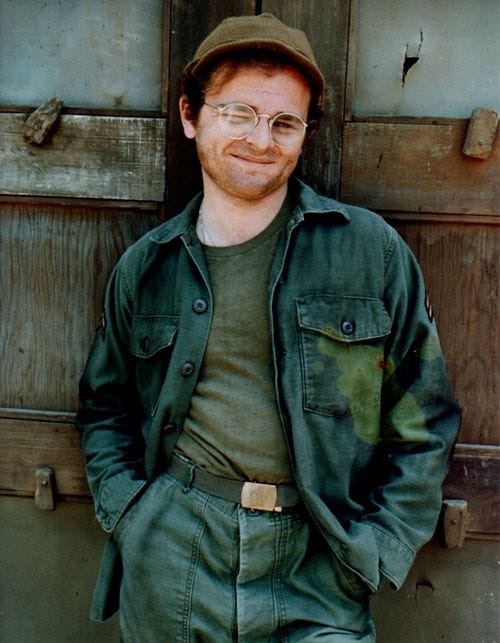
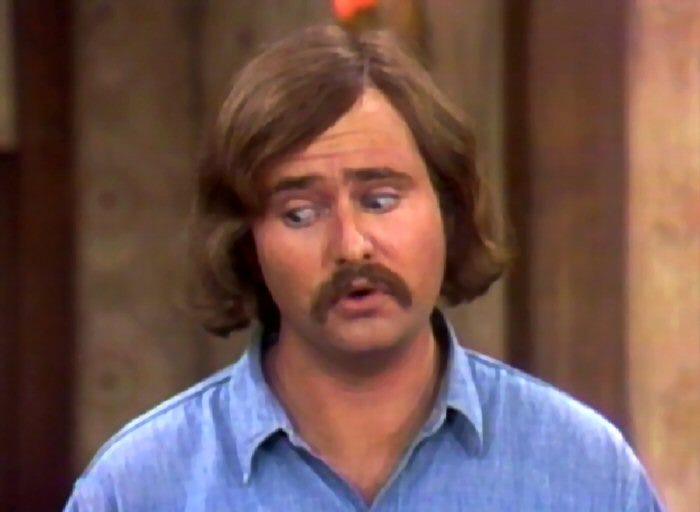
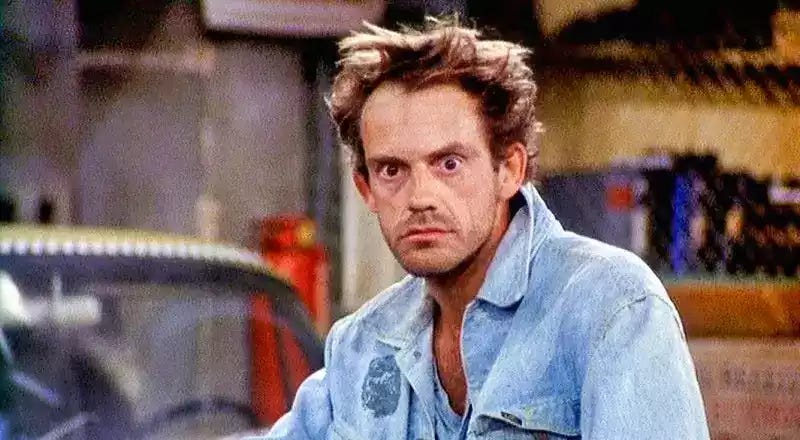
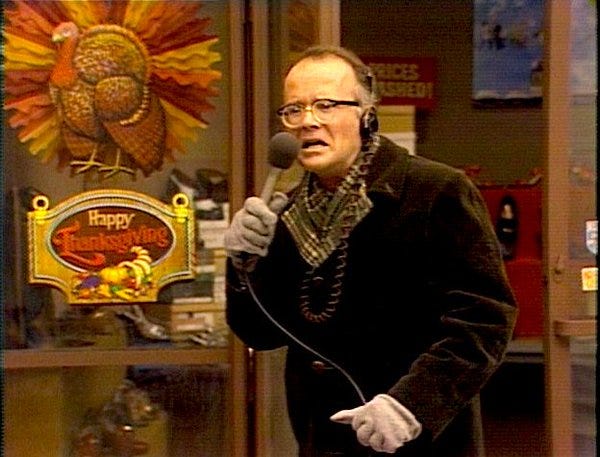
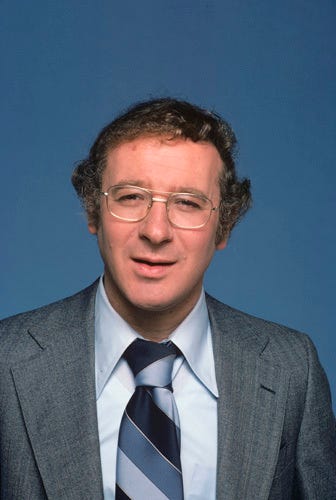
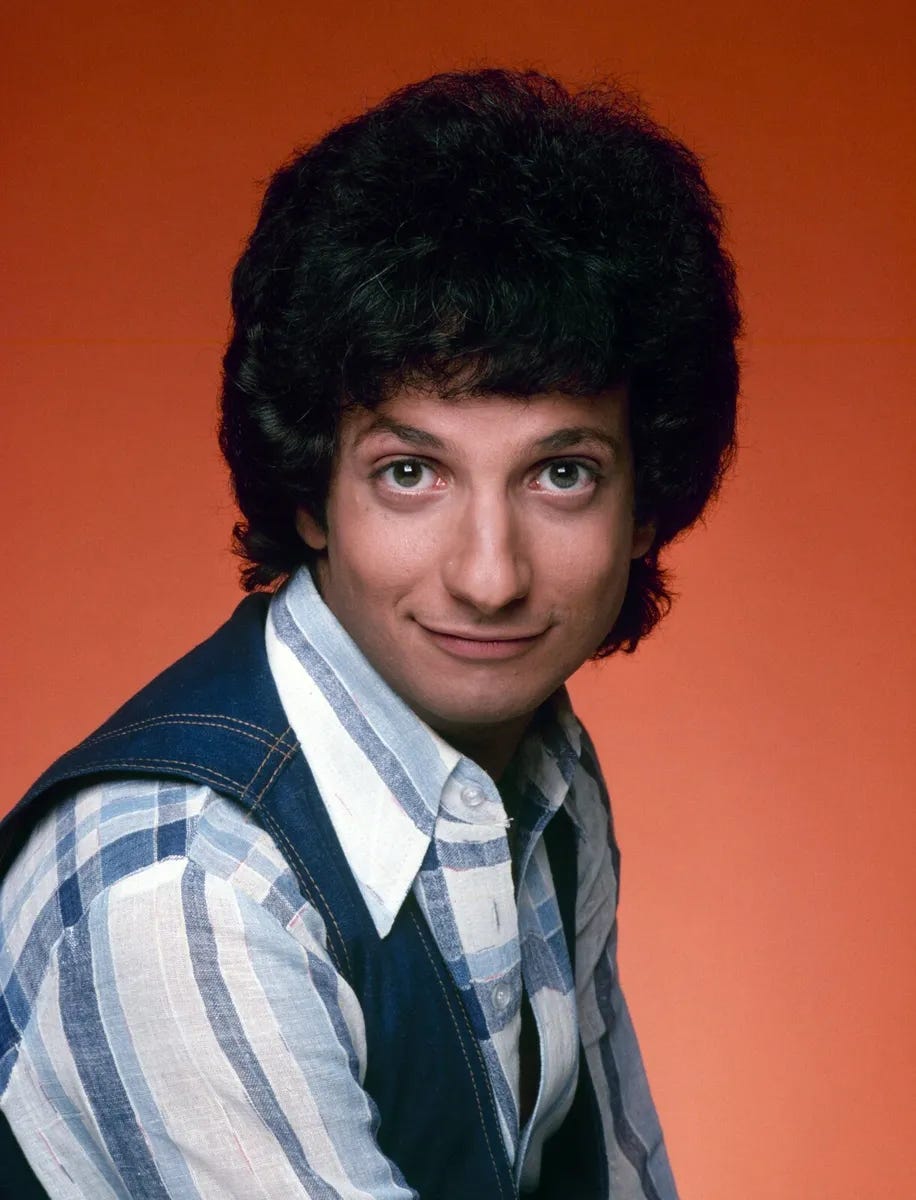
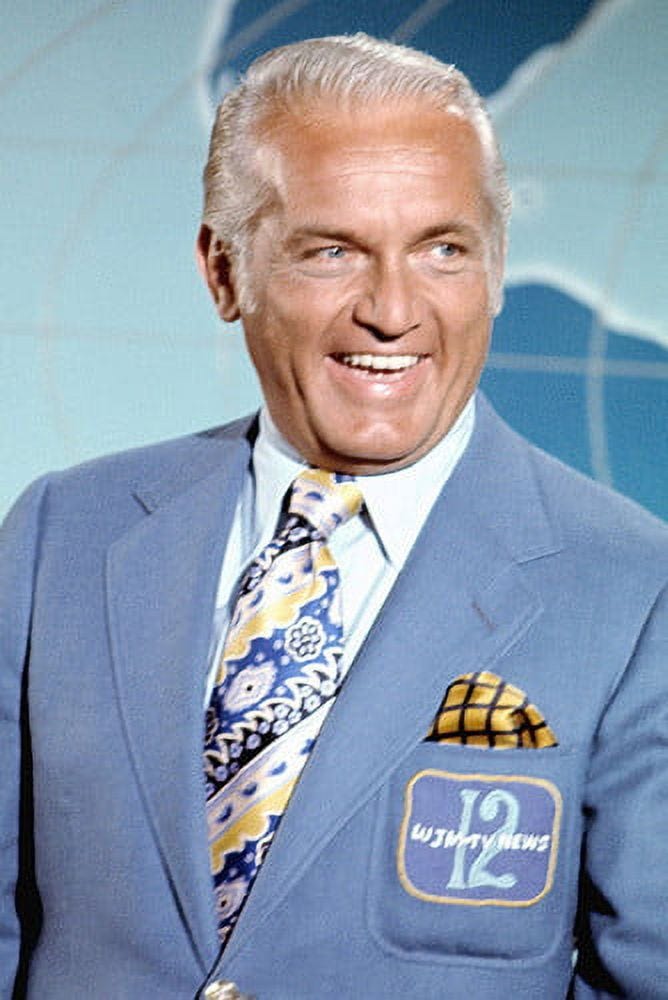
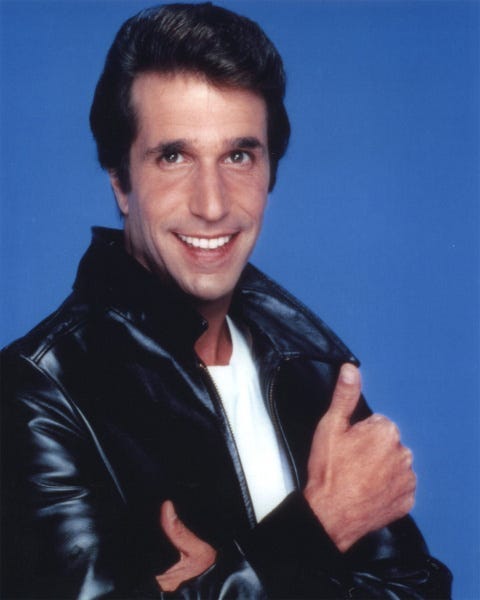
What a paradox! For youngers, when they accidentally hop on Seinfeld they say "Dude!! That's Heisenberg... Jerry's dentist."
But for the OGs it's exactly the opposite.
"Look man! Whatley has a main role on Malcom. [years later] Whatley's cooking meth!"
I belong to the second group.
...what an epic compendium...sidekicks are like good basslines in a jazz or funk song...carrying the whole but sometimes easy to overlook...i’ve often wondered what a show only of sidekicks might look and play like (is it even possible, or does everyone become a lead at that point?)...maybe that’s what cheers was?...